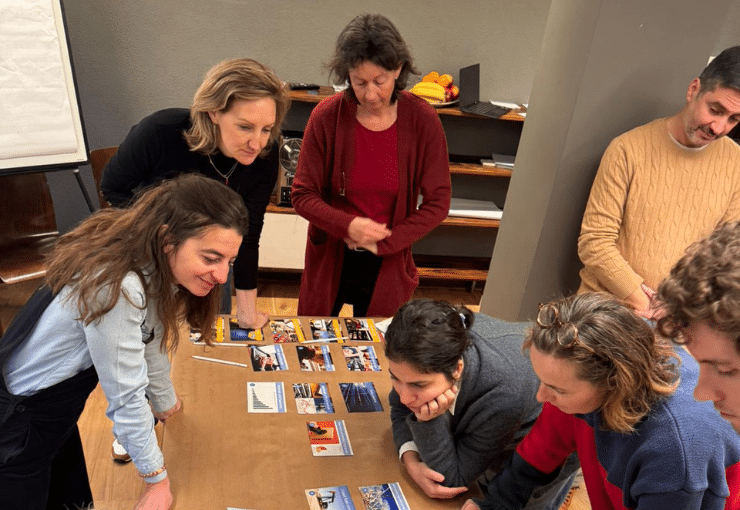This Saturday, 5 May, is the International Day of the Midwife. Dr. Ann Phoya, President of the Association of Malawian Midwives is visiting the Netherlands this week. She talked with us about the most urgent issues concerning midwives in Malawi.
‘Our key messages for our advocacy on the International Day of the Midwife are not complicated. What is needed to bridge the gaps in maternal care in our country is more and better training, so that we get skilled midwives. Also more jobs for midwives are badly needed, and the jobs should be there right when midwives finish their training. The present situation is that many end up sitting at home, as there are not enough jobs. Furthermore, midwives’ working conditions should be improved. A skilled midwife without equipment is nothing. We also lobby for a rotation system for midwives to work a couple of years in rural areas and in the city in turn, as rural conditions are harder and therefore less attractive. Our lobby comes timely, as next year’s budget is about to be discussed. We hope that policy makers will provide adequate resources to employ more midwives and procure essential medical supplies and equipment necessary for midwives to provide quality maternity services.’
Do you expect to see an increased budget for health?
‘We hope so; there is a good chance that health systems strengthening will get more attention, and resources, in the government’s budget planning. But we should not forget the decisive role of international funds like the World Bank and the International Monetary Fund. Their macroeconomic policies and support to lower-income countries often come with conditions or strong recommendations, like a limit on the wage bill for public services. We lobby the government to treat health as an exemption to that rule, so that more health workers can be employed. The international funds are key to enable that.’
‘We also think that other international organizations and funders should include human resources in their health financing. They should provide funds for better working conditions and lower workload for midwives. Midwives often have to do everything: they deliver babies, care for neonates and infants, and for antenatal care, including family planning… If anything goes wrong, it is always the midwife who gets blamed, despite the fact that they have to work with poor to virtually non-existent resources. I am talking about the very basics like running water and electricity. In fact, midwives are the face of the hospital. They stay with the patients, whereas doctors come and go.
Has the health workers’ situation in Malawi improved over the past decade?
In 2004-2010, when I was still working with the government as Director, we did a great catching up. Those years witnessed a program with a sector-wide approach. This meant that government and donors joined forces to achieve nationally defined targets and a lot of money was allocated for the health workforce. The government expanded training programs and invested more money in health workers. Of course, as the start level was very low, the impact of the program was relatively small. Still, we managed to reduce the number of trained midwives leaving the country in search of greener pastures, as their salaries were increased. This is a kind of program that would earn a restart. Otherwise, I am afraid that we will lapse back to the situation before 2004 Whereby the vacancy rate for midwives and nurses was above 65%
You see, in Malawi everything is high: birth rate, workload of midwives, and maternal mortality. What we need is not only more midwives, but also better quality of care. The last thing we want is to compromise quality.
As the representative of ACHEST in Malawi, you now also work within the Health Systems Advocacy Partnership. Can you talk a bit about your view on health systems strengthening as prerequisite for strong sexual and reproductive health and rights outcomes?
How could we produce better outcomes on sexual and reproductive health and rights without strong health systems? Why spend money on contraceptives, for example, if a clinic does not have any space for family planning? And if a family is being given information on family planning, who is taking care of their baby in the meanwhile? What worth are delivery packs if there is no electricity or sterilizers? If you focus on only achieving selected outcomes, you create an island of excellence in a sea of misery. There is no magic bullet. Outcomes will not be sustainable if you do not embed them in a functional health system.




